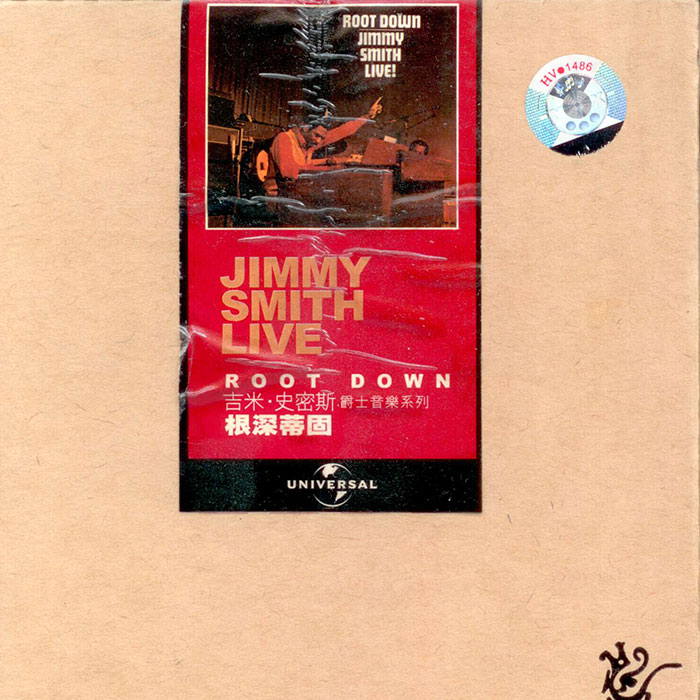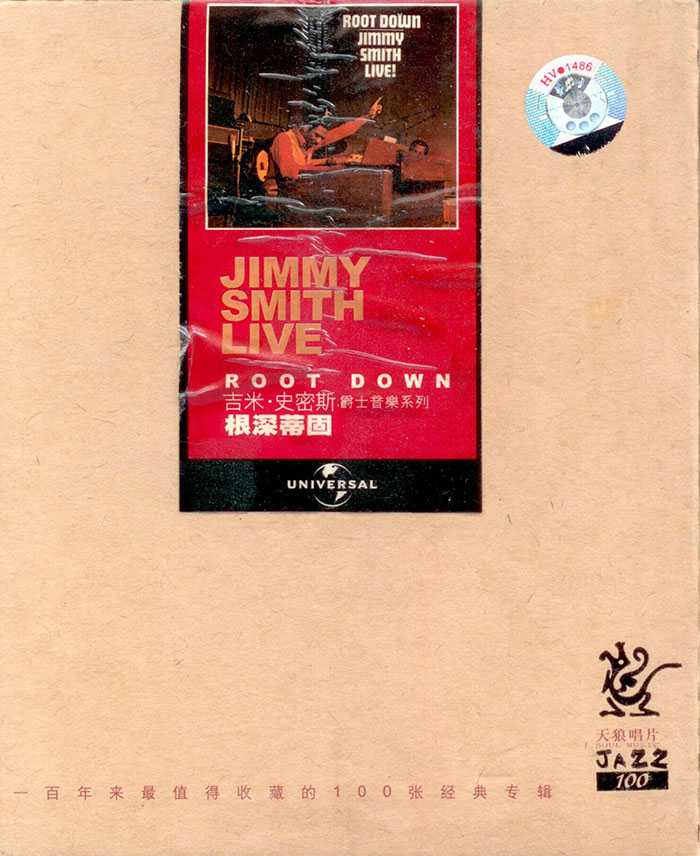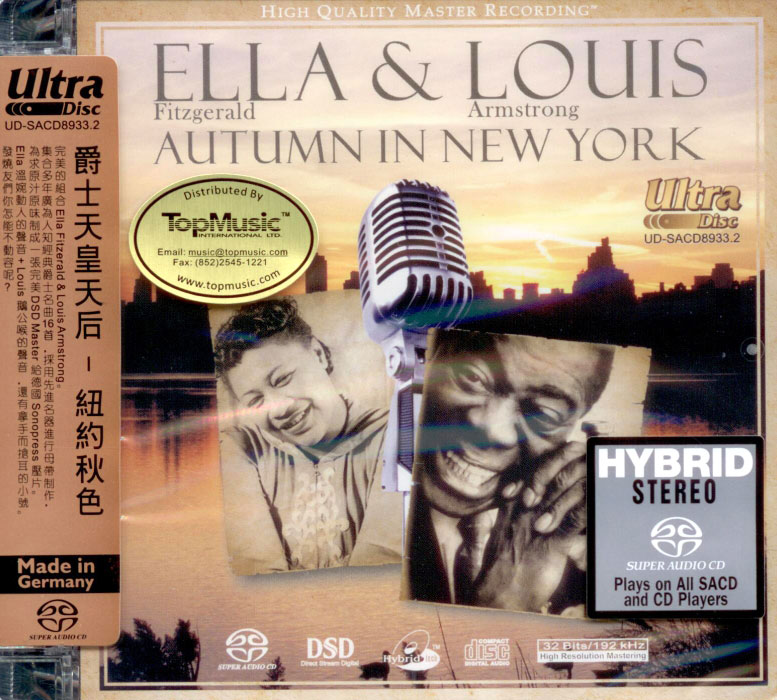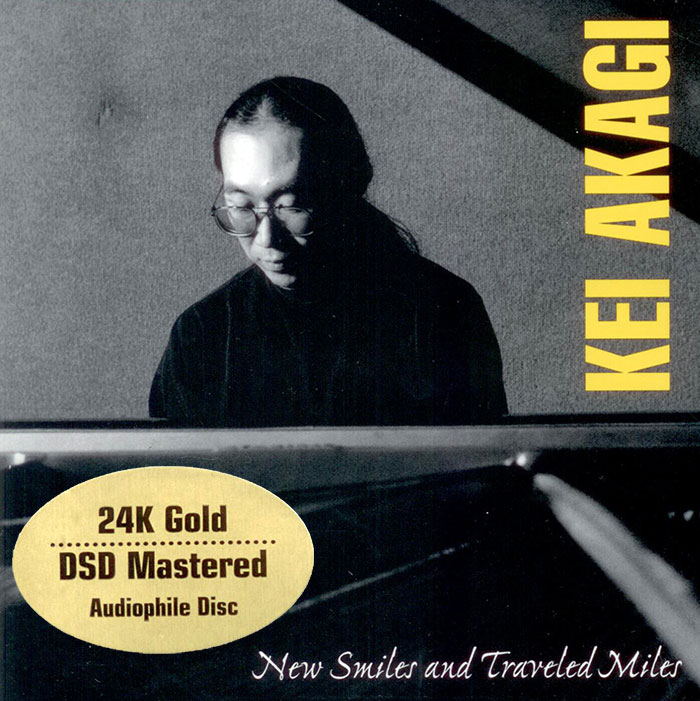Logowanie
OSTATNI taki wybór na świecie
Nancy Wilson, Peggy Lee, Bobby Darin, Julie London, Dinah Washington, Ella Fitzgerald, Lou Rawls
Diamond Voices of the Fifties - vol. 2
Tylko 1000 egzemplarzy!!!
DVORAK, BEETHOVEN, Boris Koutzen, Royal Classic Symphonica
Symfonie nr. 9 / Wellingtons Sieg Op.91
nowa seria: Nature and Music - nagranie w pełni analogowe
Petra Rosa, Eddie C.
Celebrating the art and spirit of music - vol. 3 - Pure
warm sophisticated voice...
Peggy Lee, Doris Day, Julie London, Dinah Shore, Dakota Station
Diamond Voices of the fifthies
Tylko 1000 egzemplarzy!!!
SAMPLER - STS DIGITAL, Buddy Tate, Milt Buckner, Walace Bishop
Jazz Masters - Legendary Jazz Recordings - v. 1
proszę pokazać mi drugą taką płytę na świecie!
Chesky! Niezmiennie perfekcyjny
Winylowy niezbędnik
ClearAudio
Double Matrix Professional - Sonic
najbardziej inteligentna i skuteczna pralka do płyt winylowych wszelkiego typu - całkowicie automatyczna
Jimmy Smith
Root Down

- Jimmy Smith - organ
Płyty tej serii zapakowane są w oryginalne, kartonowe pudełka. Te - stylizowane sa na hurtownicze skrzynki. W środku - klasyczny jewel case, a pod nim materiały dodatkowe - plakaty, booklet, materiały promocyjne. Na zewnętrzne kartony naklejono paski, z miniaturką oryginalnej grafiki płyty. AllMusic Review by Stephen Thomas Erlewine [-] Toward the end of his stint with Blue Note, Jimmy Smith's albums became predictable. Moving to Verve in the mid-'60s helped matters considerably, since he started playing with new musicians (most notably nice duets with Wes Montgomery) and new settings, but he never really got loose, as he did on select early Blue Note sessions. Part of the problem was that Smith's soul-jazz was organic and laid-back, relaxed and funky instead of down and dirty. For latter-day listeners, aware of his reputation as the godfather of modern soul-jazz organ (and certainly aware of the Beastie Boys' name drop), that may mean that Smith's actual albums all seem a bit tame and restrained, classy, not funky. That's true of the bulk of Smith's catalog, with the notable exception of Root Down. Not coincidentally, the title track is the song the Beasties sampled on their 1994 song of the same name, since this is one of the only sessions that Smith cut where his playing his raw, vital, and earthy. Recorded live in Los Angeles in February 1972, the album captures a performance Smith gave with a relatively young supporting band who were clearly influenced by modern funk and rock. They push Smith to playing low-down grooves that truly cook: "Sagg Shootin' His Arrow" and "Root Down (And Get It)" are among the hottest tracks he ever cut, especially in the restored full-length versions showcased on the 2000 Verve By Request reissue. There are times where the pace slows, but the tension never sags, and the result is one of the finest, most exciting records in Smith's catalog. If you think you know everything about Jimmy Smith, this is the album for you.































